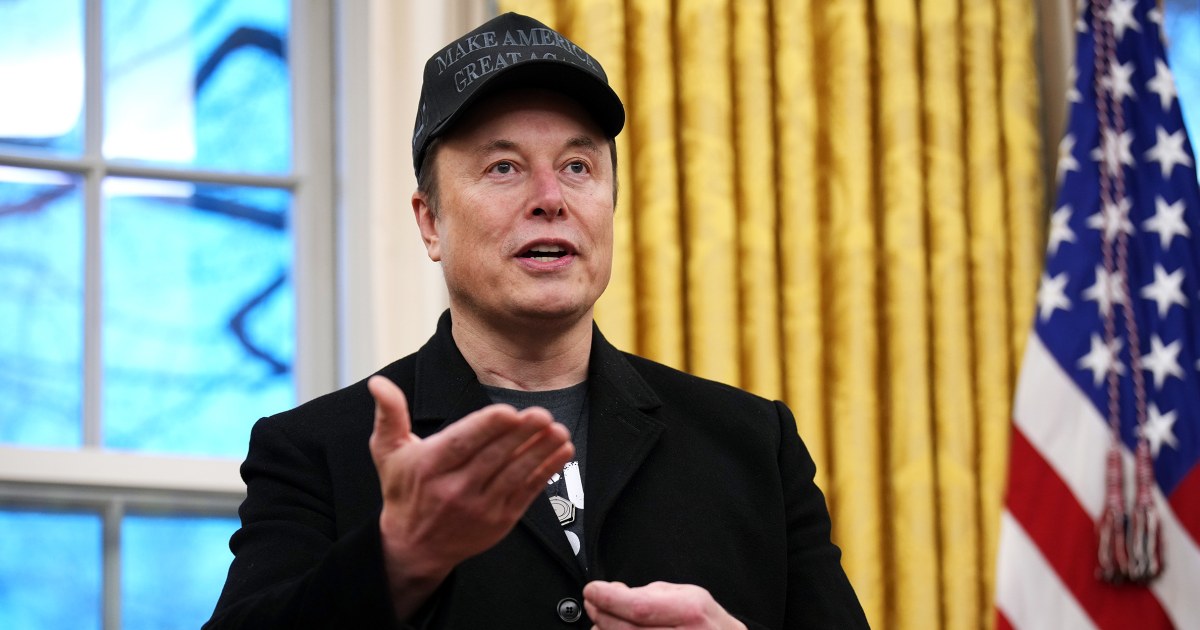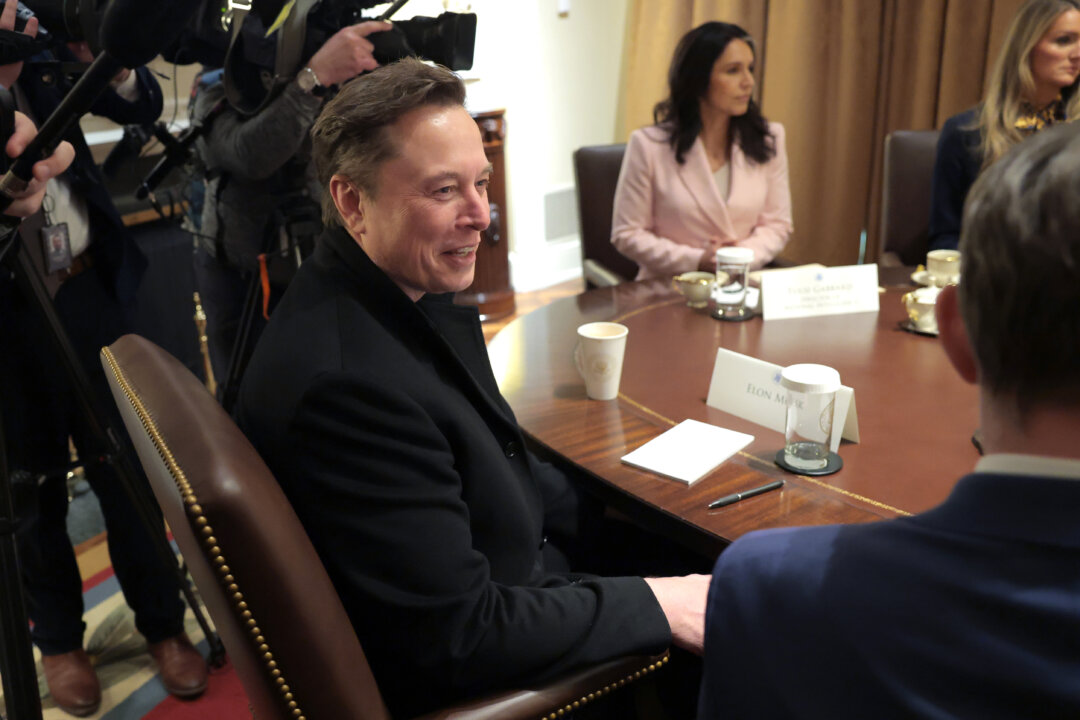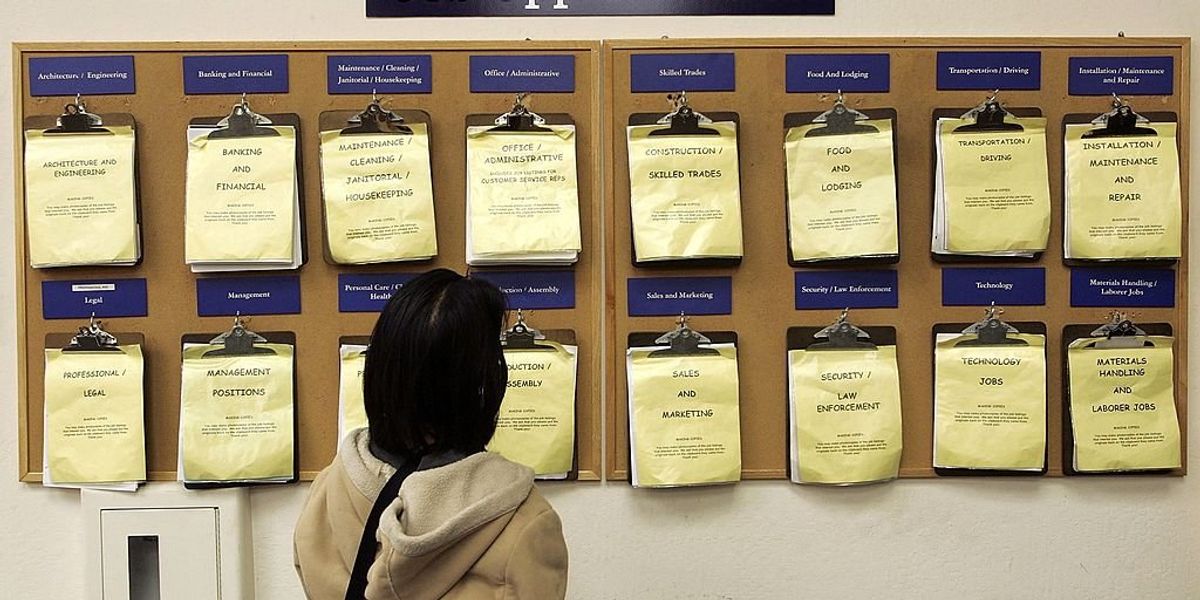Elon Musk Updates Savings Projection for DOGE Amidst Unemployment Fraud Discoveries
Musk now projects $150 billion in savings for the federal government in FY2026, despite previous estimates of up to $2 trillion.
Overview
During a Cabinet meeting on April 10, Elon Musk announced a revised projection of $150 billion in savings for the Department of Government Efficiency (DOGE) for fiscal year 2026, having scaled down from his earlier $2 trillion target. This reduction came after DOGE uncovered significant unemployment fraud, including claims from individuals over 115 years old and even future births. Despite acknowledging the challenges of proving these savings, Musk emphasized DOGE's commitment to improving government efficiency. These developments coincide with ongoing scrutiny of Musk's role in the Trump administration and public perception of his initiatives.
Report issue

Read both sides in 5 minutes each day
Analysis
- Elon Musk stated that the Department of Government Efficiency (DOGE) anticipates saving $150 billion from the federal budget in fiscal year 2026 by reducing waste and fraud, significantly lowering previous projections of $2 trillion and $1 trillion.
- Musk referred to the absurdities uncovered by DOGE, such as individuals receiving unemployment benefits who are not yet born, during a recent Cabinet meeting with President Trump.
- Despite claims of success in cutting government waste, skepticism remains regarding DOGE's actual savings, as its methods and figures have been questioned, and federal spending has reportedly increased since Trump took office.
Articles (8)
Center (2)
FAQ
The revision of DOGE's savings projection was primarily due to the discovery of significant unemployment fraud, including claims from individuals over 115 years old and from those not yet born. These findings prompted a reevaluation of the projected savings for the federal government in FY2026.
DOGE has uncovered over $380 million in fraudulent unemployment insurance claims, which includes significant amounts attributed to claims filed by individuals aged over 115 years, as well as claims filed for individuals with future birth dates.
DOGE reported instances of fraudulent claims including over 24,500 claims from individuals over 115 years old totaling $59 million, nearly 28,000 claims from children aged 1-5 amounting to $254 million, and 9,700 claims from individuals with birth dates set over 15 years in the future, totaling $69 million.
The public perception of DOGE's findings appears divided, with conservatives praising the agency’s efforts to cut waste and expose fraud, while critics, mainly from the political left, express concern over Musk's involvement and the implications of these findings for government efficiency and transparency.
History
- 8M
 2 articles
2 articles







